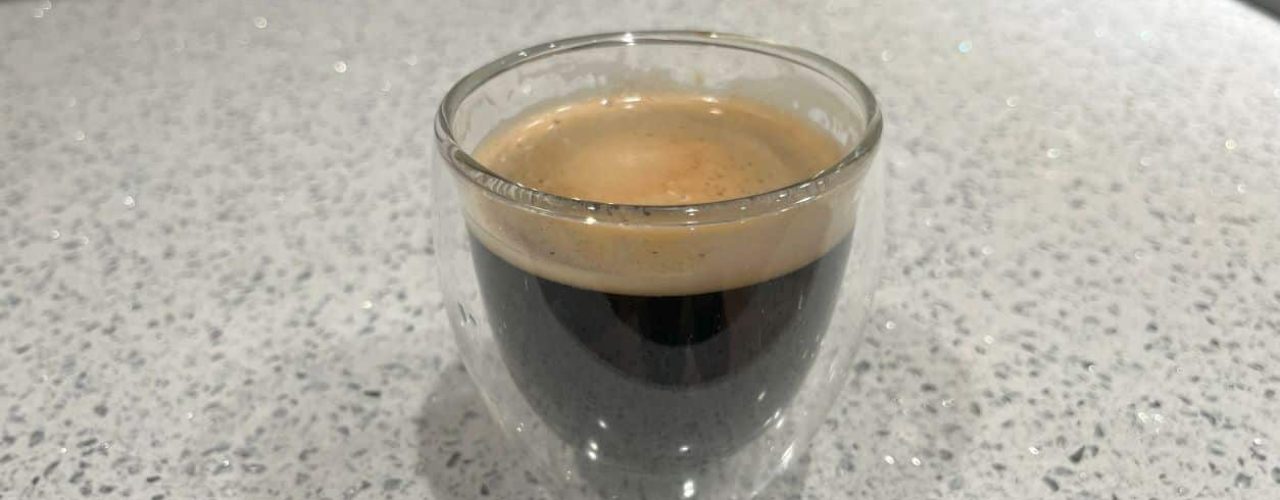Understanding PRP Therapy
Platelet-rich plasma (PRP) treatment harnesses the body’s natural healing mechanisms. The key substances in PRP crucial for promoting recovery are the growth factors contained within platelets.
These growth factors include PDGD, TGF-b and VEGF. They play a vital role in stimulating tissue repair, promoting angiogenesis (formation for new blood vessels), and enhancing collagen production. These growth factors work synergistically to facilitate the natural healing process.
Additionally, other components within PRP injections, such as white blood cells, platelet bioactive compounds and plasma, contribute to its overall therapeutic effects.
To optimize PRP’s recovery-promoting potential, maintaining appropriate concentrations and activation of these substances after injection are essential.
Caffeine and its Effects on the Body
Caffeine is a natural stimulant found in coffee, tea, chocolate, soft drinks, and energy drinks. It perks us up and keeps us alert. Common sources include an 8-ounce cup of coffee (95-200 mg), tea (40-70 mg), soda (30-40 mg per 12 ounces), and energy drinks (70-200 mg per serving). For most, around 400 mg (four cups of coffee) daily is safe.
The major site the caffeine affects is the central nervous system by blocking a molecule called adenosine, which makes us feel tired. When caffeine blocks adenosine, it increases the release of “feel-good” chemicals like dopamine and norepinephrine. This boosts alertness and mood.
Caffeine stimulates brain cells and increases heart rate. An overdose of caffeine, usually at very high doses (over 1,000 mg), can lead to problems like rapid heartbeats, jitteriness, restlessness, upset stomach, and in rare cases, severe issues like seizures.
Caffeine can have some severe effects on the body’s natural healing process as well.
It may mildly hinder blood clotting by inhibiting platelet function, increasing the risk of bleeding. Furthermore, caffeine’s vasoconstrictive effects can temporarily reduce nutrient and oxygen supply to injured areas, potentially delaying the healing process. Excessive caffeine intake might also disrupt immune responses due to the release of stress hormones. While caffeine’s effects on collagen synthesis and inflammation are typically minor, it’s prudent to limit caffeine during recovery from injuries or surgeries to promote an optimal healing environment. Caffeine intake during the natural healing process should be approached with caution as it can have subtle but potentially negative impacts.
Generally speaking, caffeine, found in coffee and drinks, pers us up by blocking tiredness signals. It’s good in small amounts but watch out for too much. it ‘s crucial to be mindful of dosage and timing. Careful consideration of consumption is essential to maximize benefits while minimizing potential drawbacks.
The Relationship Between Caffeine and PRP
Optimizing the effectiveness of PRP treatment is of paramount importance for anyone who has undergone this regenerative therapy. To achieve the best possible outcomes, it is strongly advisable to avoid caffeine consumption in the immediate post-treatment period.
While caffeine’s impact on PRP treatment is generally mild, eliminating it from your diet for a brief period can significantly benefit the healing process.
Caffeine has the potential to subtly interfere with the healing cascade initiated by PRP injections. It may mildly hinder the activation of platelets, which are vital for clot formation and tissue repair. This, in turn, could slightly increase the risk of bleeding at the treatment site.
Additionally, caffeine’s transient vasoconstrictive effects could temporarily reduce blood flow to the targeted area, potentially delaying the delivery of essential growth factors and nutrients crucial for optimal tissue healing and regeneration.
To ensure that you’re giving your body the best chance to make the most of PRP therapy, it is recommended to abstain from caffeine for a period specified by your healthcare provider or the clinical administering the treatment. This simple step can go a long way in promoting the effectiveness of PRP therapy and helping you achieve the desired results. Always consult with your healthcare team for personalized guidance on post-PRP care, including dietary recommendations, to make the most of your treatment journey.
Conclusion
Platelet-rich plasma therapy taps into the body’s healing potential using concentrated platelets from our blood. While PRP holds promise for tissue repair, post-treatment care is vital. Surprisingly, caffeine plays a role. Caffeine’s intake is generally safe up to 400 mg daily, but an overdose can lead to issues.
Caffeine may subtly impact PRP recovery by hindering platelet function, increasing bleeding risk, and temporarily reducing blood flow to the treated area. For optimized PRP outcomes, avoiding caffeine post-treatment is recommended. This simple step ensures effectiveness of PRP injections, aiding in the journey to desired results. Always consult your healthcare team for personalized guidance.

